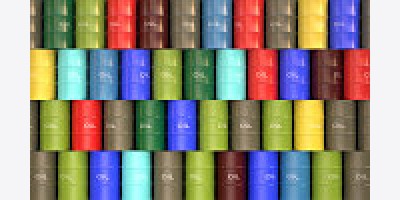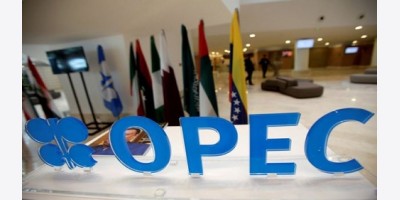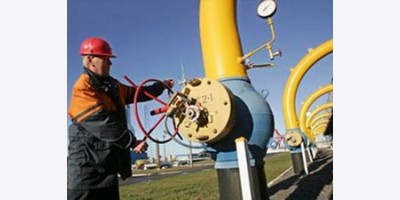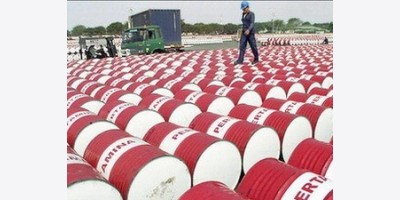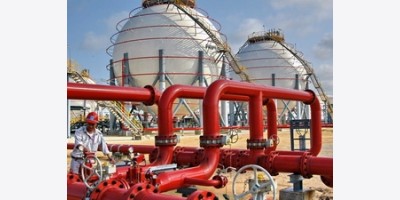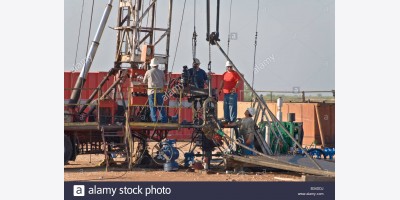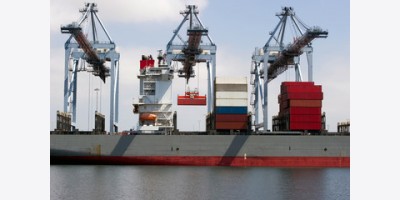By Alex McGuire, Associate Editor, Money Morning • @AlexMcGuire92 • August 20, 2015
Yesterday (Wednesday), the Associated Press (AP) reported that Iran will be permitted to use its own experts to inspect Parchin – one of the country's most suspicious testing facilities. Parchin has been tied to nuclear weapon testing more conclusively than any other site in Iran. According to the AP report, the facility is where detonators for a nuclear bomb may have been tested back in 2003.
The revelation of this "secret agreement" has enraged Israeli and Republican critics. They consider it Iran's move to ensure the nuclear deal will not be carried out effectively. They've long held the belief that the deal is built on trusting Iranians, a notion President Obama has denied.
"This deal is not built on trust," Obama said in a press conference after the landmark agreement was reached. "It's built on verification."
The Iran nuclear deal was reached on July 14. It will prohibit Iran from conducting nuclear weapon research. In exchange, various economic sanctions on the country will be lifted, most notably the oil export ban.
Investors are worried Iran will flood the already oversupplied market and send oil prices into an even deeper hole. With WTI oil prices currently near $40, Iranian exports could be the breaking point that sends the energy market toward an unprecedented crash.
But according to Money Morning Global Energy Strategist Dr. Kent Moors, Iranian oil won't hit the market that quickly. By the time it does, oil will have fully restabilized…
How Will the Iran Nuclear Deal Affect Oil Prices?
Crude oil prices will start to rebound within the next year without any drawbacks from the Iran nuclear deal. That's because it will take at least 18 months for Iranian oil to hit the global market.
You see, even if Iran conducts its own inspections of Parchin, there are a dozen other sites that will be inspected by the International Atomic Energy Agency (IAEA). These UN-sanctioned checkups will ensure Iran is abiding by the deal and scaling back its nuclear research.
Iran obviously doesn't agree with the inspections. The country argues that IAEA inspectors are spies working for Iran's enemies. That hardened attitude will result in delayed inspections and – in turn – delayed oil exports.
"It's all in the hands of the West," Moors noted. "There will certainly be benchmark requirements in place that Iran will have to meet and verify before any oil is exported. So the relaxing of sanctions will occur over time."
By the time Iranian oil hits the global market, U.S. oil prices will be back at normal levels.
Money Morning







